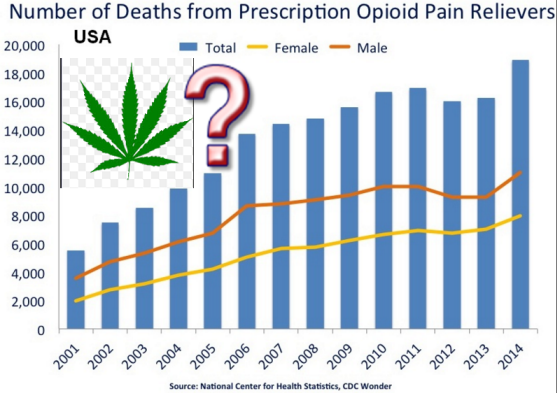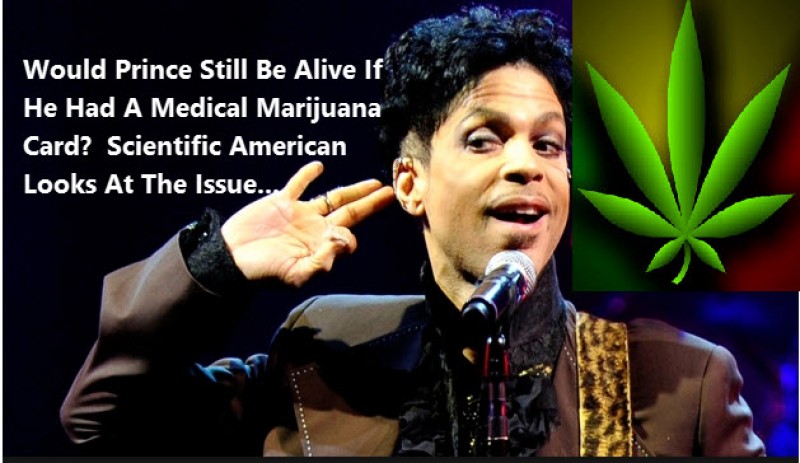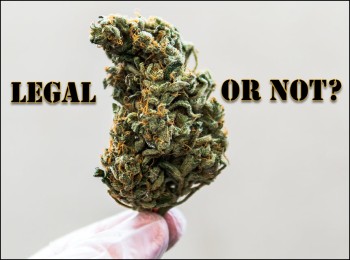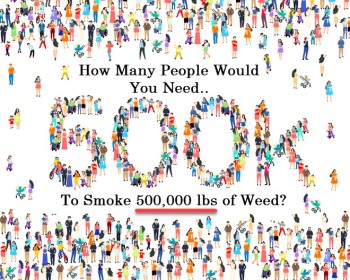Would Prince Still Be Alive Today If He Got Medical Marijuana?
Would Prince Be Alive If He Had Medical Marijuana? from CannabisNet on Vimeo.
Scientific American Looks At Medical Cannabis And The Opiate Crisis
There is a must read new piece put out by Scientific American that looks at how medical cannabis research may be the key to defeating the opiate addiction crisis in America. The piece, entitled “Could Medical Cannabis Break The Painkiller Epidemic” is by Jeremy Hsu.

This is a hard hitting piece and reiterates that studies show that medical cannabis could be a treatment for this crisis but doing research on the plant and the red tape involved in hindering research right now. The article pulls no punches in updating America on the opiate crisis and lays out the problems in blunt fashion right off the bat.
Six days before Prince died, the iconic pop star was hospitalized after possibly overdosing on Percocet. His death on April 21 involved overdosing on another painkiller, fentanyl. Both are among the prescription opioids that alleviate the pain of millions of Americans every year—often at the price of their needing ever greater amounts and the risk of overdose. The U.S. “is in the midst of an unprecedented opioid epidemic,” according to the Department of Health and Human Services. Prescription opioid overdoses killed more than 165,000 Americans between 1999 and 2014, and the health and social costs of abusing such drugs are estimated to be as much as $55 billion a year. The problem has led experts to scramble for a less dangerous alternative for pain relief—and some research points to medical marijuana.
Absolutely staggering stats to open an article. At some point you have to ask your congressmen or women, “How many more have to die before we open up full testing and funding for this possible cure?”

As noted in our own blog post about opiate deaths being lower in legalized marijuana states, the article points out, “Published in 2014, the study revealed an intriguing trend: between 1999 and 2010, states that permitted medical marijuana had an average of almost 25 percent fewer opioid overdose deaths each year than states where cannabis remained illegal.”
Yes, you read that correct.
25%
Yet we still do not allow national legal testing and science research.
The article goes on to point out numerous studies and medical papers dedicated to testing out medical marijuana as a pain relief medicine and possible substitute for opiates.
So what is the problem for doctors? It is summed up well below.
But experimental research with medical cannabis remains difficult because the U.S. classifies it as a Schedule I substance that has “no currently accepted medical use and a high potential for abuse.” Most other countries have similar restrictions, which pose challenges for researchers to legally obtain cannabis or to get approval for clinical trials.
Such trials are also a necessary next step because they would help determine safety. All experts interviewed for this article see medical cannabis as a potentially viable treatment option for chronic pain, but many also worry about rushing ahead without a better understanding of the long-term effects of marijuana—which carries its own risks of substance abuse and unwanted side effects.
Please reach out to your elected officials and let them know how you feel about testing medical marijuana for opiate research.
OTHER ARTICLES YOU MAY ENJOY...

HOW TO USE CANNABIS TO GET OFF OPIATES, CLICK HERE TO LISTEN AND READ...
OR...

LEGALIZED MARIJUANA CUTS OPIATE DEATHS, CLICK HERE TO READ...





